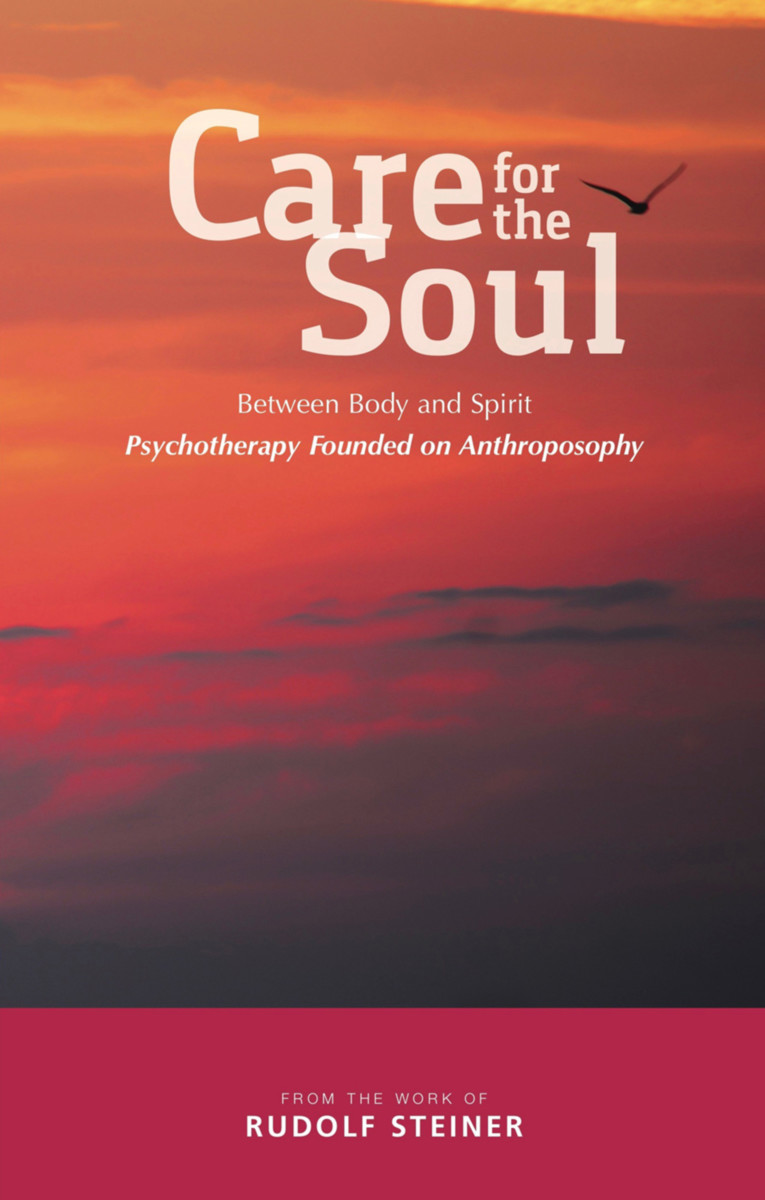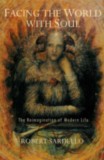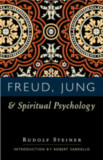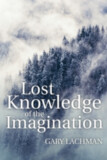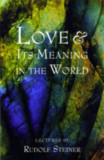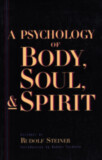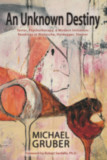Care for the Soul
Between Body and Spirit – Psychotherapy Founded on Anthroposophy
- Publisher
Rudolf Steiner Press - Published
30th December 2019 - ISBN 9781855845633
- Pages 142 pp.
- Size 5.5" x 8.5"
“We must draw the slumbering soul away from the darkness of sleep so that it no longer vanishes from its own scrutiny but stands before itself as a being of pure spirit which, in volition, is creatively active through—yet also beyond—the body.” — Rudolf Steiner
According to Rudolf Steiner’s independent research, the soul or psyche has a relationship to both the body and the spirit. Psychologists and psychotherapists can only work in a truly healing way, he says, if they take this spiritual fact into account. This expertly compiled anthology explores the nature of the soul as elaborated by Steiner in his writings and lectures. However, the book comprises more than an account of the psyche and life of the soul, but deals equally with the methodology for comprehending it—the scientific, and above all spiritual-scientific, means of doing so.
Steiner questions methods and thought structures that are fundamental to contemporary psychology. Rather than looking backwards to conditions that influence how we are today, he focuses on our further development as beings that think, feel and act with intentionality. Given the soul’s close affinity with pictorial images, he elaborates a therapeutically innovative meditative schooling of the faculty of imagination. As Steiner states here, his methods, “do not draw only on the rules of the ordinary mind but first prepare in the human soul another kind of consciousness, another state of awareness, with which we then enquire into the psyche...to approach and penetrate realities of the soul.”
C O N T E N T S:
Introduction by Harold Haas
Methods of Anthroposophic Study of the Soul and Spirit
• Extracts from The Riddle of Man (1916) and Theosophy (1904
Thinking, Feeling, Will: The Human Being’s Dependency on Physical and Spiritual realities
• Excerpt from Riddles of the Soul (1917)
Dimensions of a New Psychology: Looking Back into the Soul Realm, Immersion in the Spiritual Nature of the World
• Lecture “Vindication of Anthroposophic Psychology” (Bern, Dec. 9, 1918)
Schooling of the Will and Thinking through Meditation and Concentration
• Excerpt from “Anthroposophic Spiritual Science, Its Findings and Scientific Validity” (Basel, Dec. 2, 1920)
From the Ordinary Mind to Spirit Vision
• “The Life of the Soul” (1923)
Looking Forward
• Extracts from a lecture (Dornach, Oct. 18, 1919)
Notes
Sources
Rudolf Steiner
Rudolf Steiner (b. Rudolf Joseph Lorenz Steiner, 1861–1925) was born in the small village of Kraljevec, Austro-Hungarian Empire (now in Croatia), where he grew up. As a young man, he lived in Weimar and Berlin, where he became a well-published scientific, literary, and philosophical scholar, known especially for his work with Goethe’s scientific writings. Steiner termed his spiritual philosophy anthroposophy, meaning “wisdom of the human being.” As an exceptionally developed seer, he based his work on direct knowledge and perception of spiritual dimensions. He initiated a modern, universal “spiritual science” that is accessible to anyone willing to exercise clear and unbiased thinking. From his spiritual investigations, Steiner provided suggestions for the renewal of numerous activities, including education (general and for special needs), agriculture, medicine, economics, architecture, science, philosophy, Christianity, and the arts. There are currently thousands of schools, clinics, farms, and initiatives in other fields that involve practical work based on the principles Steiner developed. His many published works feature his research into the spiritual nature of human beings, the evolution of the world and humanity, and methods for personal development. He wrote some thirty books and delivered more than six thousand lectures throughout much of Europe. In 1924, Steiner founded the General Anthroposophical Society, which today has branches around the world.


